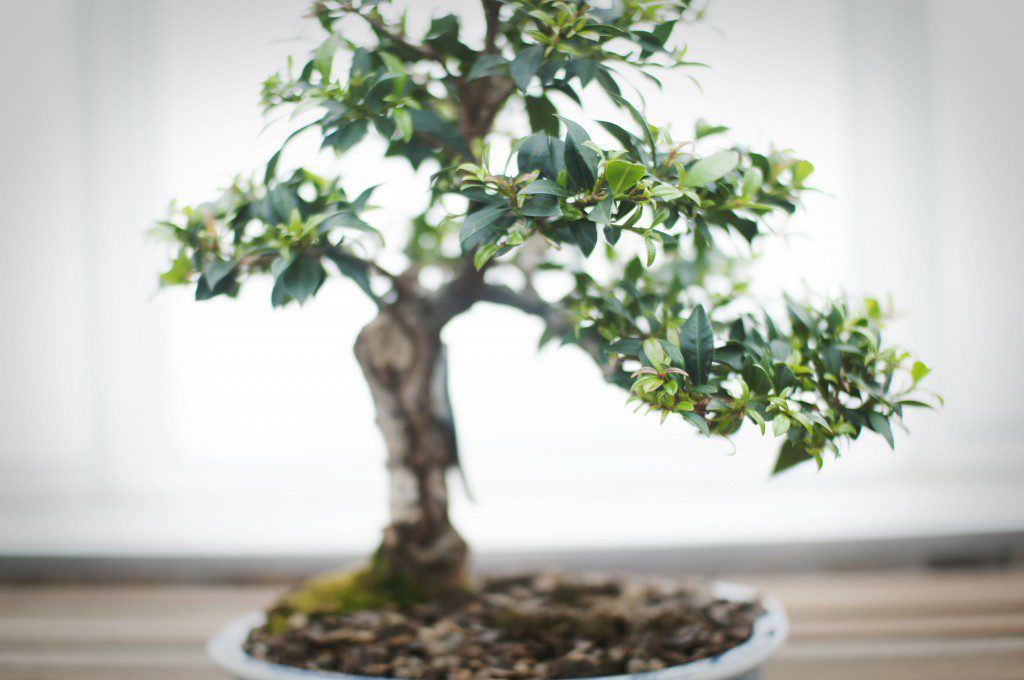Yesterday I came across a Wall Street Journal article written about the 22 women who have held or currently hold the title of CEO of a Fortune 500 company. Interestingly enough, most of those women have children. Of the twelve current female CEOs, eleven are mothers. That’s amazing to me because it so obviously goes against most of our assumptions about successful women. (That is, in order to succeed in the professional world, a woman has to choose work over family.)
One of the important points made in the article is that most of these success-driven women have major help from their husbands on the home front. Many of these husbands gave up their careers in order to care for the children. (The article tells the story of one father who gave a promising career as a tenor and now no longer sings professionally.)
I have a difficult time reading about spouses who give up work for the sake of the other spouse’s career. Part of me has wondered if that’s just because I fancy myself so pro women that the thought of a fellow double X chromosome letting go of her dream while the husband pursues his makes me a little queasy. But I realized reading this article that I feel just as sad for the husbands who let go of their dreams. Maybe I’m not so one sided as I thought; maybe I just get emotional when I read about stay-at-home-sacrifice.
Sacrifice is a funny thing. It’s easier for some of us than it is for others. But it still hurts. Maybe Mr. Stay at Home Tenor was more like me. Maybe it was easier for him to end his touring career and wipe bottoms, but I imagine it wasn’t easy. Or simple. And now, twenty years later, after his career has passed him by, I imagine the thought of that sacrifice still aches, no matter how much he loves his kids, no matter how proud he is of his CEO wife.
I’ve talked here fairly often about how Benedict charged his brothers to practice humility by accepting their own “smallness.” I understand how the act of sacrifice is a practice in humility. It’s the coming to a place of freedom where one doesn’t need to prove her own worth to the world, where she doesn’t need to receive accolades and approval based on her list of valuable accomplishments.
That’s why I like monks. They don’t accomplish much. They pray. They eat. They fix the plumbing or study or create something small (like sculpting or brewing beer). But they never get their names on walls or plaques or in newspapers. They’ve chosen that reality as a spiritual practice. And I can’t help but think that those of us (men and women) at home have chosen the same kind of practice in humility.
The question is whether or not we choose to see our time at home as a spiritual practice. My hope is that every time I consider what my talents could have accomplished for myself: recognition! impressiveness! my own false sense of worth!, I will remember that this simple life I lead is a spiritual one. That in my sacrifice, I am learning how to love, and pray, and patiently wait.











